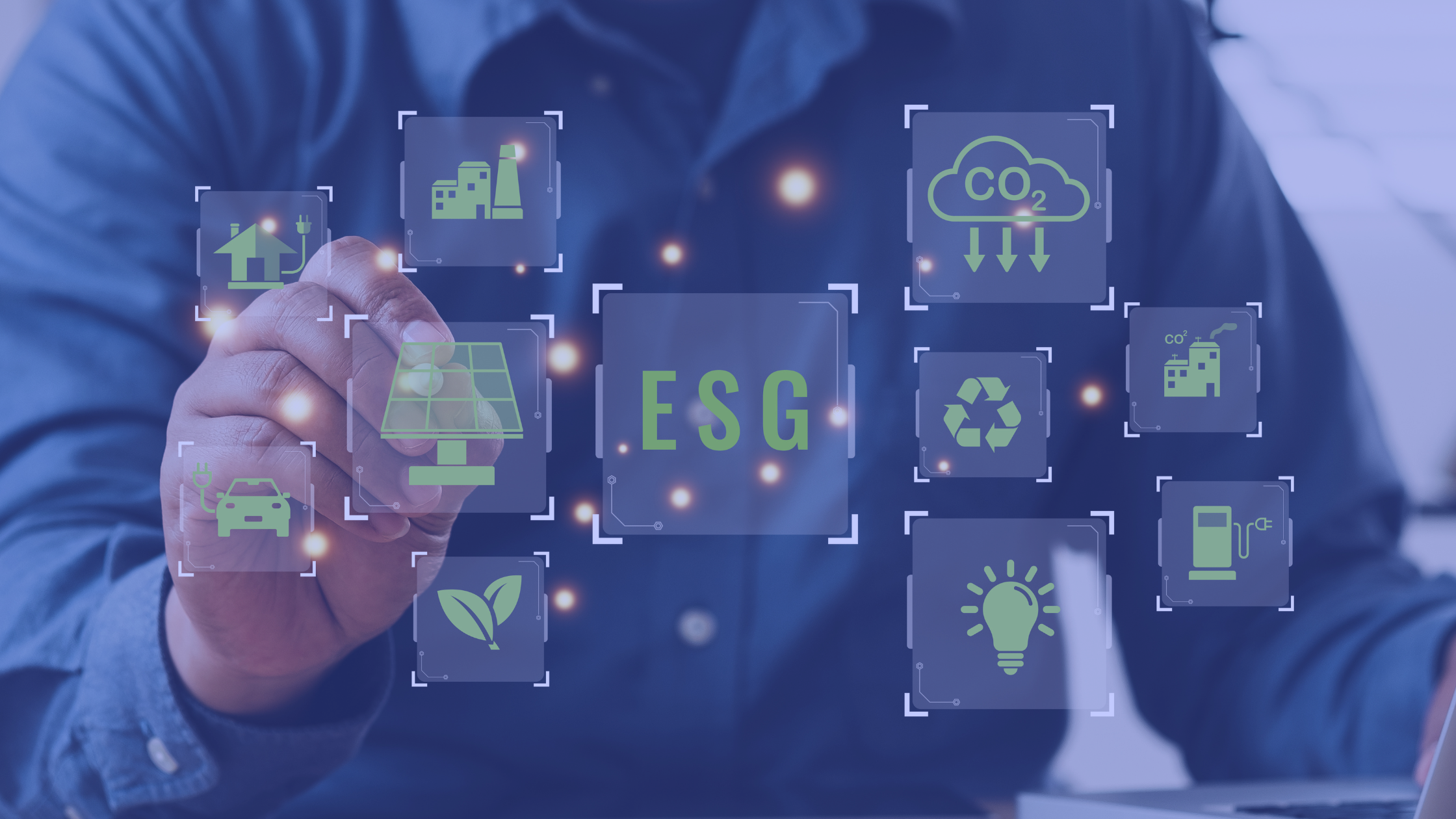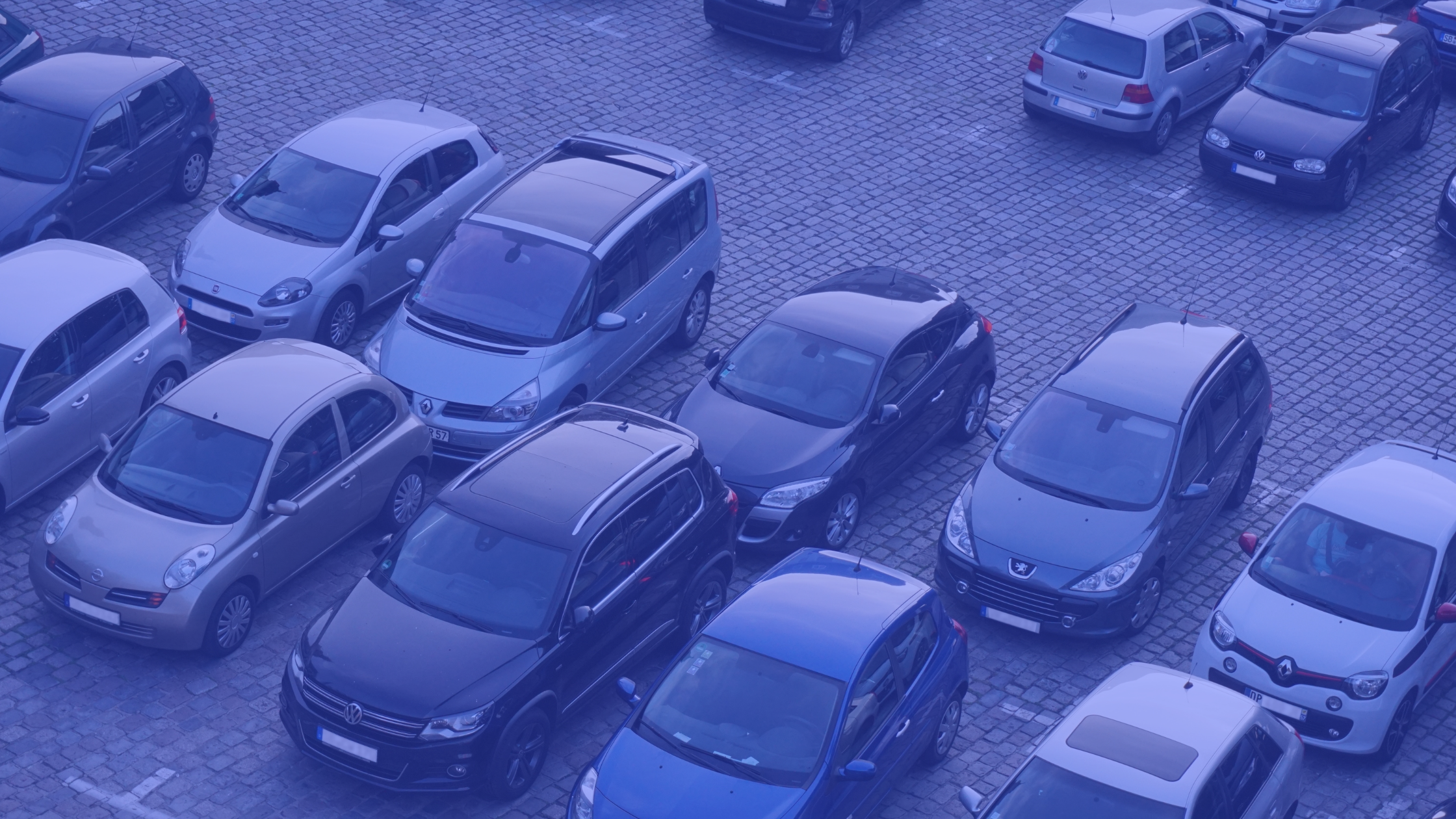In the face of growing environmental awareness and the need for sustainable development, many companies and institutions face the challenge of adapting their practices to ESG (Environmental, Social, and Governance) standards. In the context of mobility and parking management, the modernization of old systems and integration of modern technologies can play a crucial role in achieving these goals.
The essence of the problem
Many office buildings and complexes in Europe do not meet ESG standards. It is estimated that as much as 97% of buildings in Europe are not compliant with ESG requirements, and only 19% of companies are prepared to report according to the CSRD (Corporate Sustainability Reporting Directive) requirements. Inefficiencies in parking space management, problems with unused spaces, and the lack of integration with modern reservation and access control systems contribute to inefficiency and a larger carbon footprint. Implementing sustainable practices requires not only changes in parking management but also an approach to eco-friendly transportation.
Proposed solution - integration of reservation system with access control
Integrating the reservation system with the access control system is a key solution enabling more effective management of urban parking lots. By linking both systems, users can reserve parking spaces and pay for them using a mobile app, which increases convenience and reduces the need for physical payment devices. Additionally, the system enables commute planning, minimizing the risk of no available spots and reducing the need to create traffic jams, as employees, seeing in advance the lack of available spots, can choose alternative means of transport or carpool to work. This solution not only facilitates parking management but also contributes to the reduction of pollution and improves urban mobility. Moreover, unoccupied and unreserved spaces can be offered for short-term rental, increasing the efficiency of space use and generating additional revenue for parking managers.
ESG Benefits
1. Reduction of greenhouse gas emissions:
Searching for a parking spot takes between 15 to 20 minutes, which increases traffic congestion in the centers of large cities by up to 30%. Drivers, having certainty about the availability of parking spaces, do not need to circle the city looking for a free spot, which reduces fuel consumption and exhaust emissions. This directly translates into better air quality in cities.
2. Sustainable mobility:
Carpooling and encouraging the use of electric vehicles are key components of modern mobility strategies. Algorithms optimizing routes and passenger selection can increase the efficiency of such systems, minimizing environmental impact. Thanks to integration with parking reservation systems, drivers using carpooling can be guaranteed a spot, which further motivates the use of eco-friendly transport options.
3. Resource consumption reduction:
Modern parking management systems allow for better use of available space. Making unused spaces available for short-term rental allows for optimal use of resources without the need to build new parking lots, which involves high costs and the consumption of raw materials.
User experience
Drivers expect convenience and safety. The integration of reservation and access control systems, combined with modern technologies such as LPR (License Plate Recognition) cameras, ensures smooth and hassle-free parking. Users can reserve spots, pay for them on their mobiles, and be assured that they will have a place to park, reducing stress and enhancing satisfaction with the service.
Cost optimization
Modern parking management systems allow for efficient cost management. With precise data on the use of parking spaces, companies can better plan investments and optimize costs associated with maintaining parking lots. Additional revenue from short-term rental and savings resulting from better space management can significantly improve the financial balance.
Conclusion
Integrating parking management systems with modern technologies is a key step towards sustainable mobility and achieving ESG goals. With such solutions, companies can not only improve the efficiency of parking management but also contribute to environmental protection, improve the quality of life for city residents, and promote sustainable practices. Investing in modern parking technologies is a step towards a future where mobility is more ecological, efficient, and user-friendly. Additionally, we are proud to announce that our company has received a grant of 2 million złoty to build a module for sustainable commuting to work. This support allows us to focus even more on developing eco-friendly solutions that support ESG goals and contribute to creating more sustainable cities.









